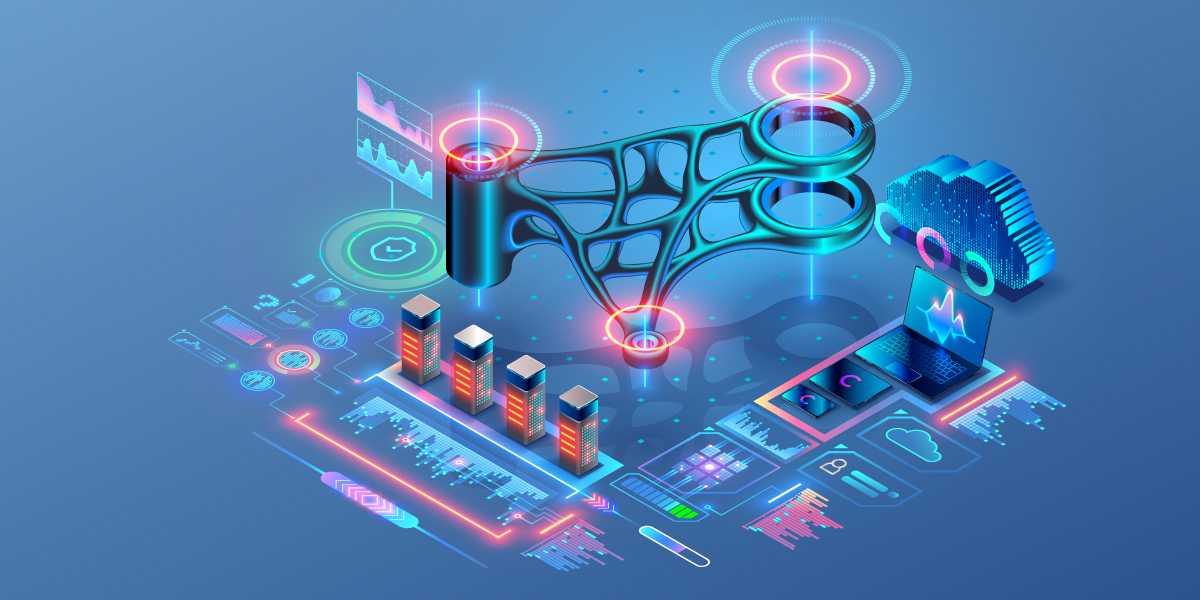Comments
- No comments found

There is a recent article in FT, The Rise of AI Forces us to Reinterpret our Human Intelligence, where the author wrote, "When I was growing up it was simple. There was “intelligence” and human beings had a high, medium or low quotient: hence the IQ test.
Human brains were containers and the job of a teacher was to fill them with knowledge. They were also “computers” in the pre-electronic sense of the word. At least from a layman’s perspective, people with high IQs could learn, remember, regurgitate and calculate more quickly than others. The scope and speed of processing power, another capacity of the human brain that can be duplicated by machine, is also under increased scrutiny. So the significance of generative AI is less that it is artificial than it has replicated — and thereby drawn attention to — specific strands of intelligence that we must now integrate into our understanding of our abilities, just as we have done with previous technologies."
Whichever ways that human intelligence can be described fits in two categories, availability and performance: that intelligence is possible or available; that intelligence can be utilized or performed. Intelligence during sleep or in sickness may not count. Intelligence that is not available, either by not knowing or being unable to know, does not count.
When an individual describes himself as weak in a field or area, the comparison is with others in that field who are average or excellent, not whether the individual is human, capable of common human abilities.
Intelligence among humans is often ranked across areas that what matters may not be what many people have. There are several intelligent analysts across firms, but there are problems faced by the world that are greater than analysis. Some people are smart enough to be in the bracket, while those smart enough may not be able to solve many other problems.
There have been several eras in human progress that—had some people described as highly intelligent in one era lived in another—they may not have been described that way. There are advances that took time, regardless of how intelligent the people in that era were, showing that intelligence takes another meaning when a major progress is made.
There are so many things that qualify intelligence that do not make the argument [that humans are more intelligent than other organisms or machines] relevant. Yes, humans are more intelligent, but the intelligence needed here, or the one that has to be available for participants must be of certain specifications.
There are measures of near excellent human intelligence that are now in the domain of LLMs. The debate is not whether LLMs are more intelligent than humans in general, but that they have an availability of intelligence, needed in areas that it is not important if the source is human or machine.
This makes human intelligence perceptive, not for its absence, but for its availability and performance. AI is already taking on several things that were only possible by other humans, doing so digitally, in a world of digital dominance.
The arguments against generative AI, whether for lack of understanding or not knowing what it does not know, may broadly hold. The problem is that many of what is claimed that AI cannot do are not always necessary for intelligence. When results are sought in some areas, it does not matter if the output is from a machine, the [copied] intelligence that may count in that instance could be LLMs'.
Leave your comments
Post comment as a guest